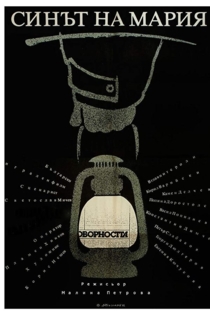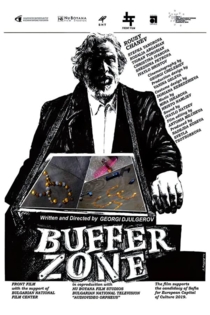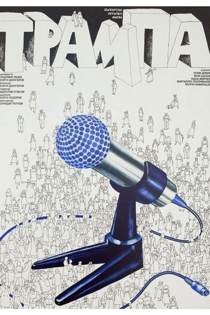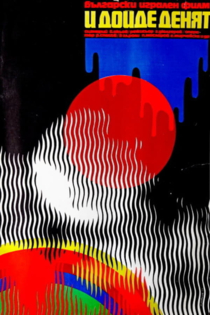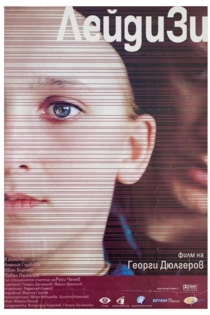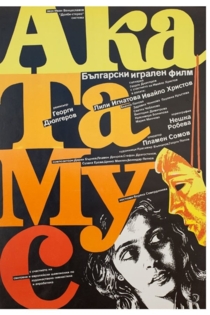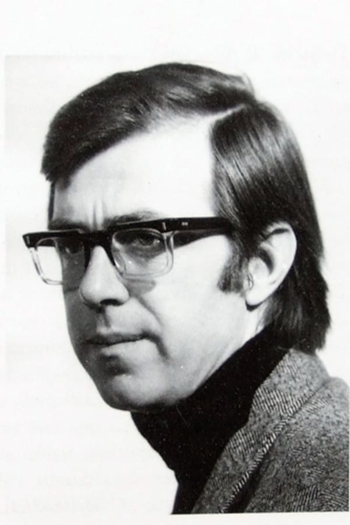
Georgi Djulgerov
1943 (82 года)Examination
Georgi Djulgerov
Filip Trifonov, Nikola Todev
The beginning of the 20th century. A village in the mountain. The young barrel maker Liyu is to be examined by the local craftsmen. They approve the barrel he has made, blindfold. They give him "the craftsman's belt". At the beginning, nobody considers him a master.
Examination
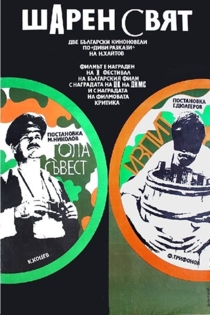
За Нешка Робева и нейните момичета
Georgi Djulgerov
The film goes beyond the traditional facade of sport's battle for medals and explores the ethical dimensions of the efforts of the trainer and her modern and rhythmic gymnastics competitors, the price of success, the meaning of hard labor and Golgotha's vocation.The film reveals the hardships of the daily training routine of a rhythmic gymnastics group, repeating their moves over and over again while working towards perfection. There are short interviews with Neshka Robeva and Lilly Ignatova. We can see ambition and envy, the secret workings of being a referee at the European Championship in Wien, the impact of politics in sports completions favoring the USSR... The three girls on the winner's podium - Aneliya Ralenkova, Dilyana Georgieva and Lilly Ignatova, are seen at the end holding hands.
Neshka Robeva and Her Girls
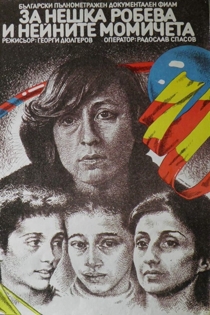
Мера според мера
Georgi Djulgerov
Rousy Chanev, Grigor Vachkov
Early 20th century. This is an era of seething passions, aspirations for freedom and national self-identification. Uprising are incited, blood is shed. The picture features national leaders who become heroes as early as in their lifetime. The protagonist is rank-and-file Macedonian who is unwittingly swept by the events. Later, it was his conscious choice. He was a witness of changes, crucial for the nation. He comes across legendary personalities. He gets enchanted and disappointed. He is seeking for the right answers, rethinks what he saw and experienced to tell his story in his simple, but candid and wise words of his own.
Measure for Measure
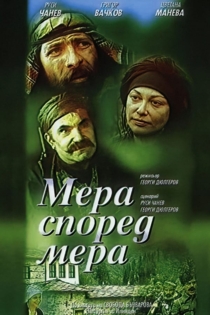
Черната лястовица
Georgi Djulgerov
Liubov Liubcheva, Tzvetan Alexiev
The stories of three men get tangled up in the life of the young Gipsy called Magdalena - that of the Bulgarian Lilyanin, who starts off as a fighter for brotherhood but turns into a persecutor of the Gypsies; the story of the savage Halibryamov, who knows the language of animals, but does not speak any human tongue; the story of a rich Gypsy called Kanyo who wants but does not dare to break with the lot of his kin, and story of a Frenchman in a wheelchair who comes to realize that money cannot buy everything. Magic alone can unravel this knot of destinies... And then, there is the Gypsy tale of the black swallow and how it came to be.
The Black Swallow
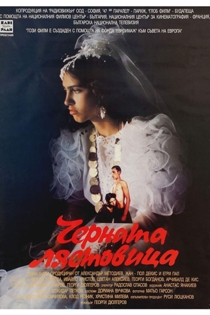
Авантаж
Georgi Djulgerov
Rousy Chanev, Plamen Donchev
Advantage (Bulgarian: Авантаж, translit. Avantazh) is a 1977 Bulgarian drama film directed by Georgi Djulgerov. It was entered into the 28th Berlin International Film Festival, where Djulgerov won the Silver Bear for Best Director. The action takes place during the socialist period in Bulgaria. The central character, nicknamed the Cock is an artistic personality, a man of strong character known as the king of the pickpockets. His keen sense of personal freedom comes up against the universally accepted norms of behavior. The Cock likes a game, adventure and danger, while socialist society needs obedience. The Cock makes a stand against this order; he does not want to play his games according to rules. He is telling his story of two decades: his imprisonment and his love affairs.
Advantage
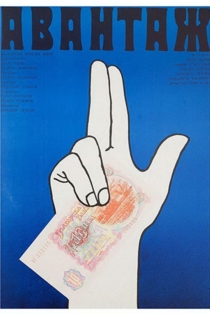
The Camp
Georgi Djulgerov
Radena Valkanova, Samuel Finzi
In this earnest movie from Bulgaria, the minds of the young people attending a Young Pioneer (communist youth) camp in the 1950s are shown to be easily molded into a conformist vein. Later, at a "voluntary labor" camp in the 1960s, the final touches are put on their education as proper young communists.
The Camp
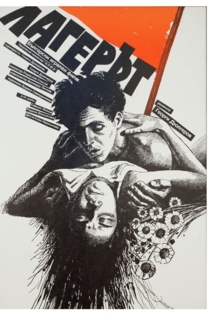
Синът на Мария
Malina Petrova
Kiril Variyski, Kamen Delchev
A young journalist comes across interesting report material: talented marine engineer Maria died while on duty. Her story turns out to be quite a puzzle though - people who knew her are not willing to share much. Trying to make them speak, the journalist presents himself as her son. He hopes to dig up the truth about her and spares no effort, ending up at the bureau for investigation. The report he's writing never gets published but his belief system certainly gets challenged.
Maria's Son
